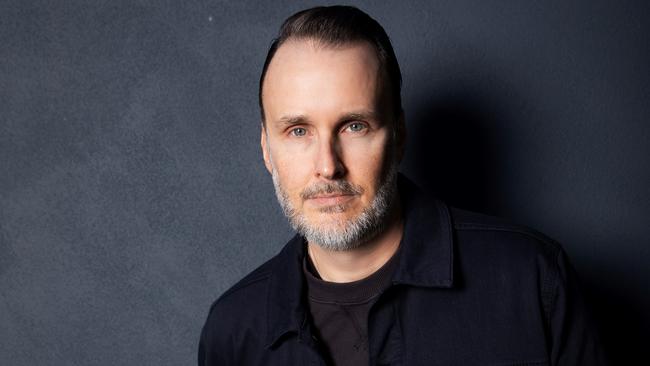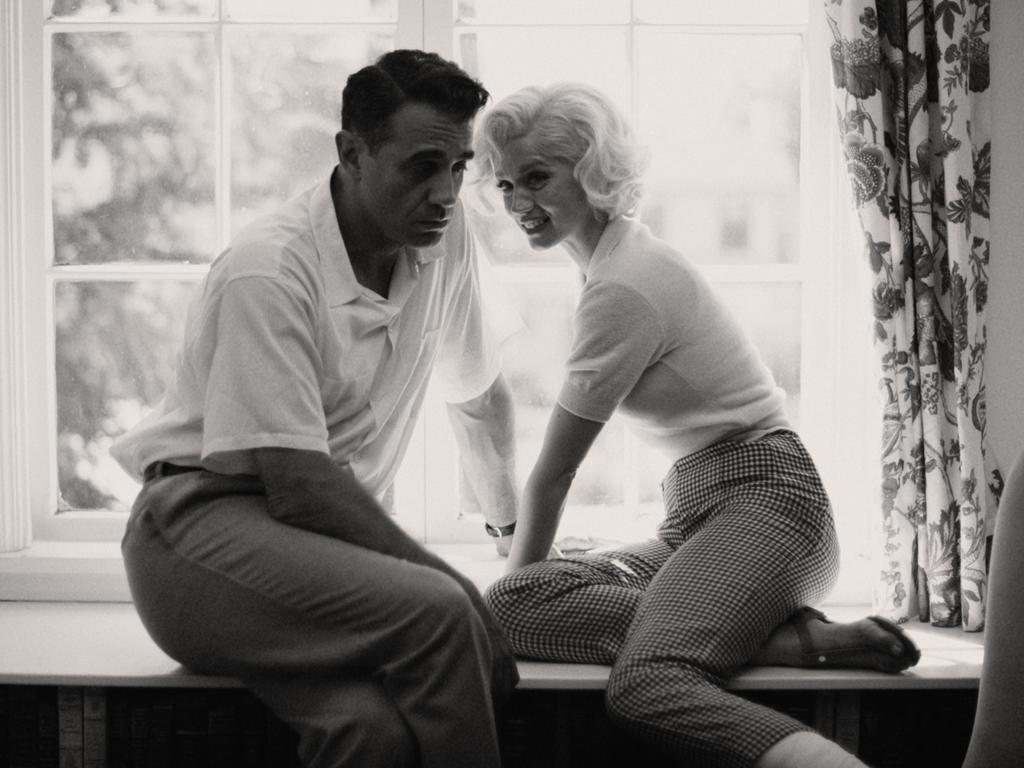‘He was comfortable and cosy in the closet’: Documentary examines the life and loves of Rock Hudson
Why has director Stephen Kijak made a feature-length doco on Hollywood great Rock Hudson, who died of AIDS almost 40 years ago?

You’ve just released a feature-length documentary on Hollywood great Rock Hudson. Why tell the story of Rock now? When we think of stars from the 1950s we think of Marilyn Monroe and James Dean, people who died young and stayed pretty. Rock aged out and became square and uncool. The last big headline was that “Rock has AIDS”, and I think I’d like people to re-evaluate the life and work of this great actor. At the same time, the film is a historical correction. In a way, it is less about Rock Hudson than the idea of Rock Hudson and the effects he had, almost indirectly, on what happened with the AIDS crisis in the early ’80s.
So the film’s working title was “Accidental Activist”. Why? I wanted to make sure we weren’t disrespecting the actual activists who were on the front lines of the AIDS crisis, who were braver than Rock could ever be. He was of a generation that was so comfortable and cosy in the closet that they didn’t see gay liberation or coming out as having any benefit to them. They were totally happy with the closet and the status quo.

In the film, novelist Armistead Maupin talks about how he worked with People magazine to confirm Hudson’s sexuality, which some considered to be a traitorous move. What do you think? That generation was so programmed into keeping being gay a secret that it was like a badge of honour. Armistead said that people on the street would hiss at him, calling him a traitor. But I think what he did was really bold. He was part of the first generation of post-Stonewall guys that really took gay liberation by the reins.
What is it about the Hollywood golden age that fascinates you? For all its kind of failings and horrible systems of control and abuse, there was something quite unbelievable about the studio system. This dream factory controlled absolutely every aspect of production. Rock was perfectly suited for that situation – he didn’t know how to act to save his life when he showed up, yet he got absolutely everything he needed within that system. They trained him, put clothes on his back, sculpted that incredible head of hair, and fronted him money for the castle that was his house. It was really quite extraordinary.

Much of your career has been dedicated to making documentaries about music. You’ve covered quite an eclectic gamut, from the Backstreet Boys to Scott Walker, the Rolling Stones and Japanese band X. How do you choose your subjects? It’s a roulette wheel. To be honest, the Scott Walker film [30 Century Man] was the only one I sought out. I chased and pushed it up a hill, and it was the passion project of my life. The next one was for the Rolling Stones, which was a dream come true – getting to tell the story of Exile on Main St. But the others were work-for-hire gigs, and I said no to the Backstreet Boys film a few times, then I realised I had to stop worrying about what was cool and just look at the story for the story’s sake.
Is there anyone you haven’t made a documentary about that you’d like to? My dream is Siouxsie Sioux. If you’re listening, girl, I am here for you. Or if a younger female filmmaker wanted to step up and take the reins, I would produce that. Straight white guys have to stop taking all the stories.
Rock Hudson: All That Heaven Allowed will be available via multiple streaming services from October 23.





To join the conversation, please log in. Don't have an account? Register
Join the conversation, you are commenting as Logout